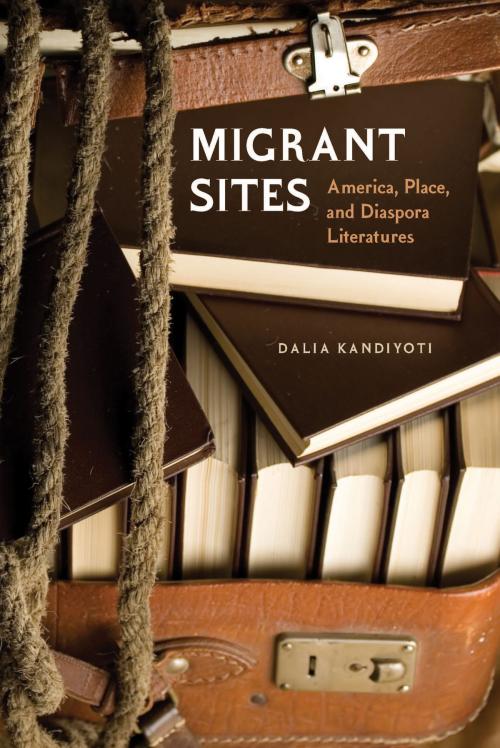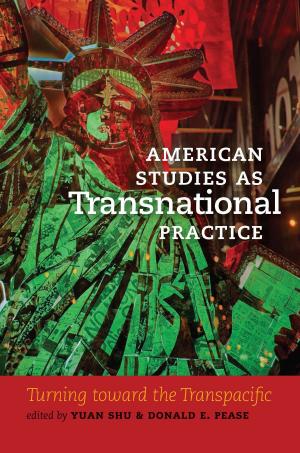Migrant Sites
America, Place, and Diaspora Literatures
Nonfiction, Social & Cultural Studies, Social Science, Cultural Studies, Emigration & Immigration, Anthropology, Fiction & Literature, Literary Theory & Criticism| Author: | Dalia Kandiyoti | ISBN: | 9781584658795 |
| Publisher: | Dartmouth College Press | Publication: | November 15, 2009 |
| Imprint: | Dartmouth College Press | Language: | English |
| Author: | Dalia Kandiyoti |
| ISBN: | 9781584658795 |
| Publisher: | Dartmouth College Press |
| Publication: | November 15, 2009 |
| Imprint: | Dartmouth College Press |
| Language: | English |
In Migrant Sites, Dalia Kandiyoti presents a compelling corrective to the traditional immigrant and melting pot story. This original and wide-ranging study embraces Jewish, European, and Chicana/o and Puerto Rican literatures of migration and diasporization through the literary works of Abraham Cahan, Willa Cather, Estela Portillo Trambley, Sandra Cisneros, Piri Thomas, and Ernesto Quiñonez. The author offers a transformed understanding of the ways in which the sense of place shapes migration imaginaries in U.S. writing. Place is a crucial category, one that along with race, class, and gender, has a profound impact in shaping migration and diaspora identities and storytelling. Migrant Sites highlights enclosure as a prominent sense of place and translocality as its counterpart in diaspora experiences created in fiction. Repositioning national literature as diaspora literature, the author shows that migrant legacies such as colonialism, empire, borders, containment, and enclosure are part of the American story and constitute the “diaspora sense of place.”
In Migrant Sites, Dalia Kandiyoti presents a compelling corrective to the traditional immigrant and melting pot story. This original and wide-ranging study embraces Jewish, European, and Chicana/o and Puerto Rican literatures of migration and diasporization through the literary works of Abraham Cahan, Willa Cather, Estela Portillo Trambley, Sandra Cisneros, Piri Thomas, and Ernesto Quiñonez. The author offers a transformed understanding of the ways in which the sense of place shapes migration imaginaries in U.S. writing. Place is a crucial category, one that along with race, class, and gender, has a profound impact in shaping migration and diaspora identities and storytelling. Migrant Sites highlights enclosure as a prominent sense of place and translocality as its counterpart in diaspora experiences created in fiction. Repositioning national literature as diaspora literature, the author shows that migrant legacies such as colonialism, empire, borders, containment, and enclosure are part of the American story and constitute the “diaspora sense of place.”















